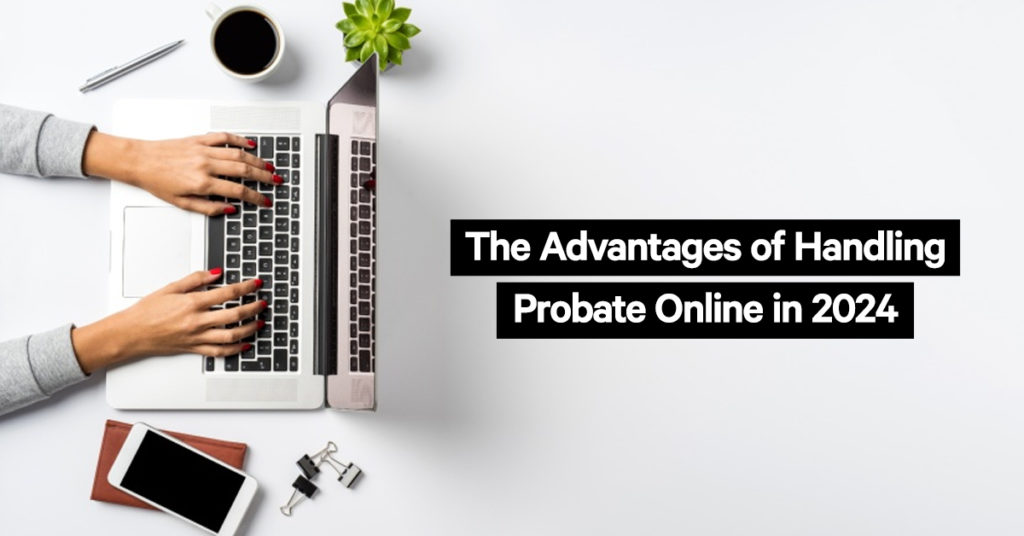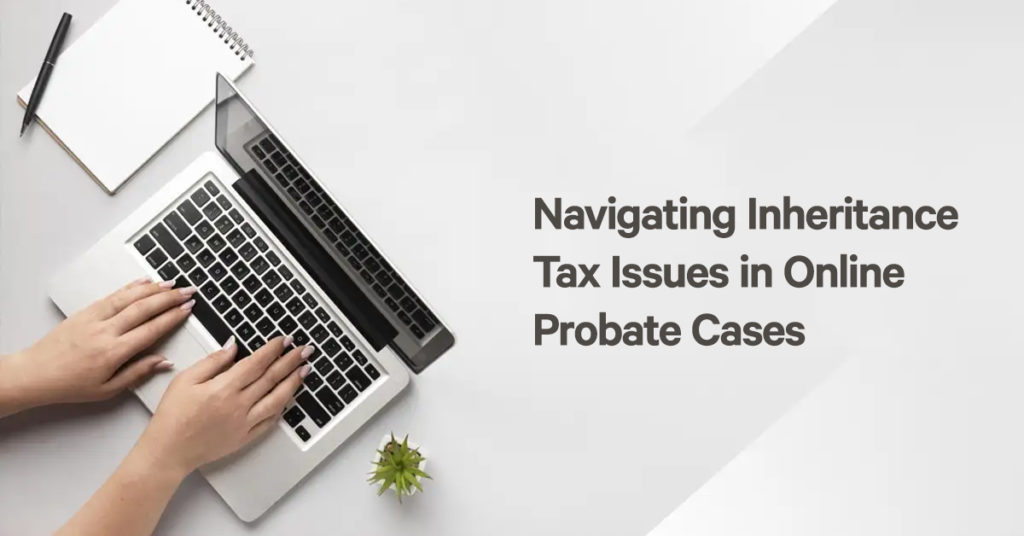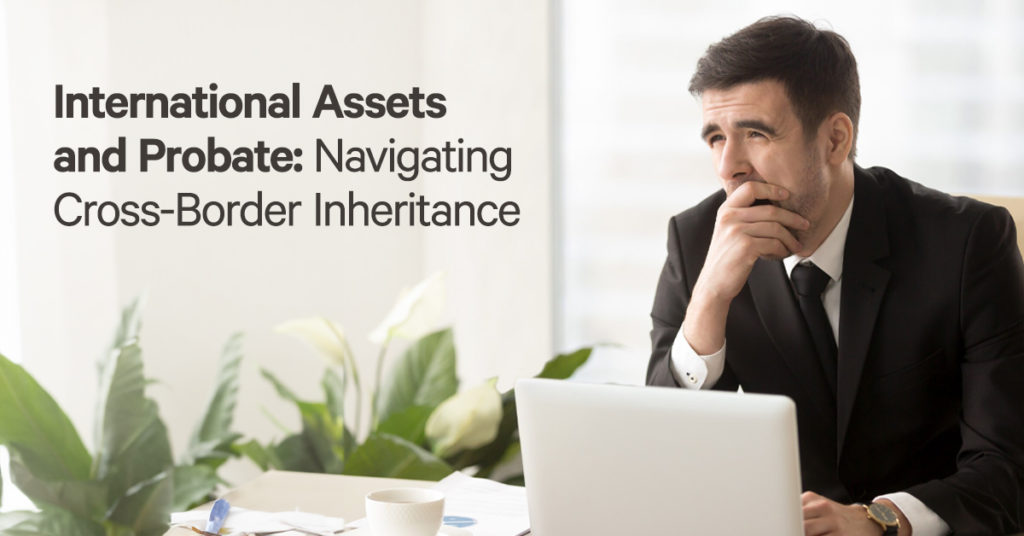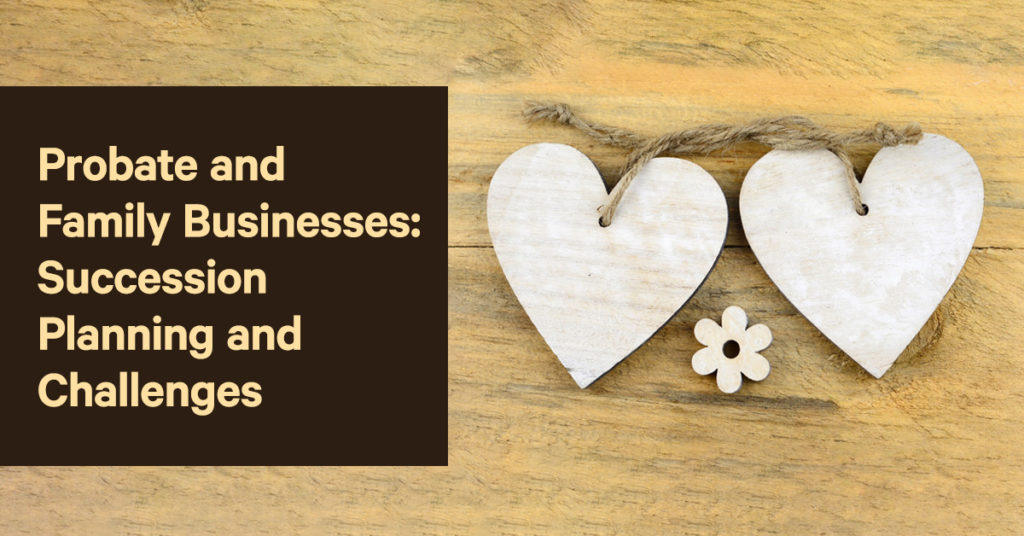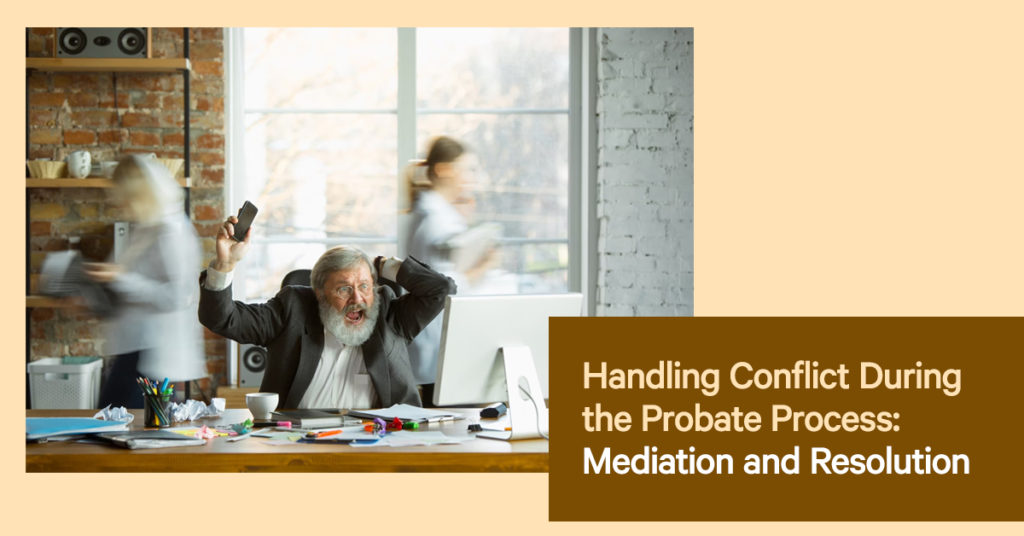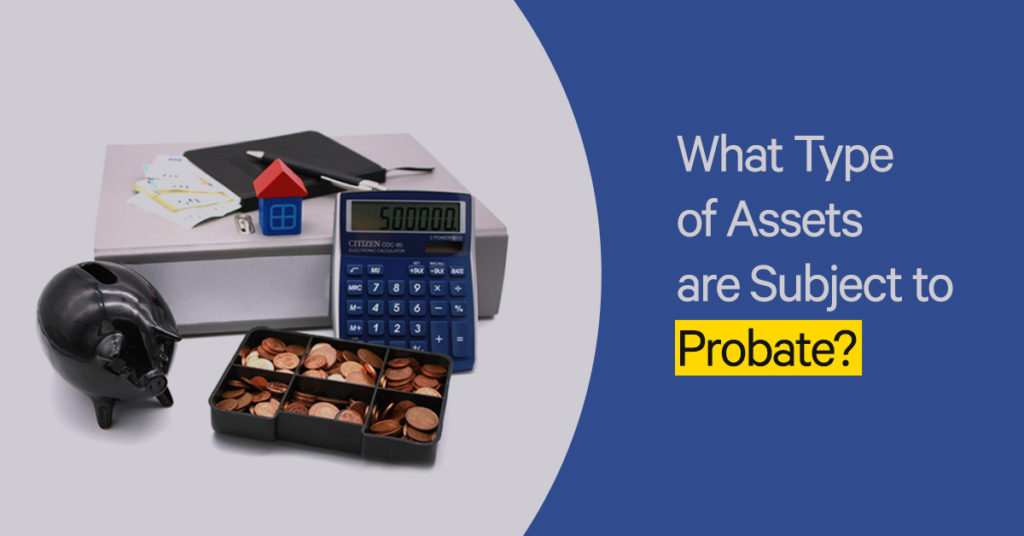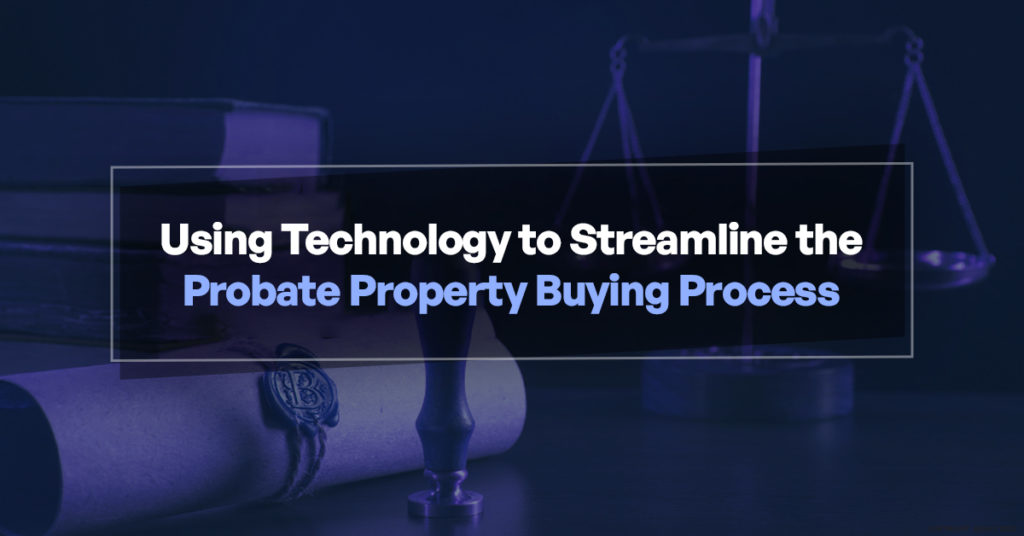
Probate property transactions, with their legal hoops and complicated steps, are seen as pretty intimidating. However, in recent years, technological advancements have brought about a refreshing change. These innovations have made the whole process smoother and much easier to handle.
By integrating innovative solutions into the probate property buying process, such as digital platforms, virtual viewings, and blockchain technology, the industry has witnessed a remarkable transformation.
These technological tools not only speed up the transaction process but also enhance transparency, security, and accessibility for all parties involved. Let’s delve deeper into how these technological innovations are reshaping the landscape of probate property transactions, paving the way for smoother and more seamless experiences.
Digital document management
One of the most significant challenges in the probate property buying process is managing the extensive paperwork involved. Traditionally, this meant countless documents being printed, signed, and physically stored – a process prone to errors and delays. However, with the introduction of digital document management systems, such as cloud-based platforms, this relentless task is far more manageable.
Digital document management allows all relevant parties, including solicitors, executors, and buyers, to access documents securely from anywhere with an internet connection. This speeds up the process and reduces the risk of documents being lost or misplaced – a common concern in traditional paper-based systems.
By utilising digital document management, probate property transactions can proceed smoothly and efficiently, minimising delays and ensuring all parties are kept informed every step of the way.
Virtual property viewings
Another area where technology is making a significant impact on the probate property buying process is in the field of virtual property viewings. Traditionally, prospective buyers would need to physically visit properties, often scheduling multiple viewings to find the right one. However, with the rise of virtual reality (VR) and 360-degree photography, buyers can now explore properties from the comfort of their own homes.
Virtual property viewings not only save time and effort for buyers but also provide a more immersive and realistic experience compared to traditional photographs. This is particularly beneficial in the probate property buying process, where properties may be vacant or need renovating, making physical viewings impractical or inconvenient.
By embracing virtual property viewings, buyers can narrow their options more efficiently, allowing them to make informed decisions without multiple site visits. This not only speeds up the buying process but also reduces unnecessary foot traffic, making it a win-win for both buyers and sellers.
Online auction platforms
In recent years, online auction platforms have emerged as a popular alternative to traditional property sales methods, offering a faster, more transparent way to buy and sell probate properties. These platforms allow sellers to list properties for auction, complete with detailed descriptions, photographs, and legal documentation, attracting a wide range of potential buyers.
Buyers, in turn, can browse through listings, place bids, and track the progress of auctions – all from the convenience of their computer or mobile device. This level of accessibility and transparency is particularly beneficial in the probate property buying process, where time is often of the essence, and buyers may need to act quickly to secure a property.
By leveraging online auction platforms, sellers can reach a larger audience of potential buyers, while buyers can confidently participate in auctions, knowing the process is fair and transparent. This not only speeds up the probate property buying process but also ensures properties are sold at their true market value, benefiting both parties involved.
Blockchain technology for title verification
Blockchain technology is also beginning to play a role in streamlining the probate property buying process, particularly with title verification. By recording property ownership and transaction history on a decentralised and tamper-proof ledger, blockchain technology offers a more secure and transparent method of verifying property titles.
This can help reduce the risk of fraud and disputes during the probate property buying process, giving buyers greater confidence in the legitimacy of the properties they’re purchasing. What’s more, blockchain technology can also streamline the transfer of property ownership, reducing the need for intermediaries and paperwork, and further speeding up the overall process.
As blockchain technology continues to evolve and gain acceptance within the property industry, its potential to revolutionise the probate property buying process can’t be overstated. By embracing these technological innovations, buyers and sellers can handle the probate property market with greater efficiency and peace of mind.
Data analytics for market insights
Data analytics tools are increasingly used to provide valuable market insights to buyers and sellers in the probate property market. These tools analyse a range of data, including property prices, market trends, and demographic information, to help users make informed decisions about buying or selling probate properties.
By leveraging data analytics, buyers can identify undervalued properties and potential investment opportunities, while sellers can accurately price their properties based on market conditions. This not only accelerates the probate property buying process but also ensures properties are purchased and sold at their actual market worth, optimising returns for all parties involved.
Also, data analytics can help identify emerging trends in the probate property market, allowing buyers and sellers to stay ahead of the curve and make strategic decisions accordingly. Whether identifying up-and-coming neighbourhoods or predicting future market movements, data analytics can provide valuable insights to aid decision-making throughout the probate property buying process.
Get expert guidance
If you’re navigating the probate property buying process and looking for expert help, let Probates Online help you streamline your journey. Our dedicated team of probate experts is committed to providing personalised support tailored to your specific needs. Complete our contact form, and we’ll promptly reply within a few hours to discuss how we can help you further. Alternatively, feel free to call us on 01603 552028 or email us at hello@probatesonline.co.uk. Rest assured, we’re here to support you every step of the way, providing a smooth and stress-free experience throughout the probate property buying process.

